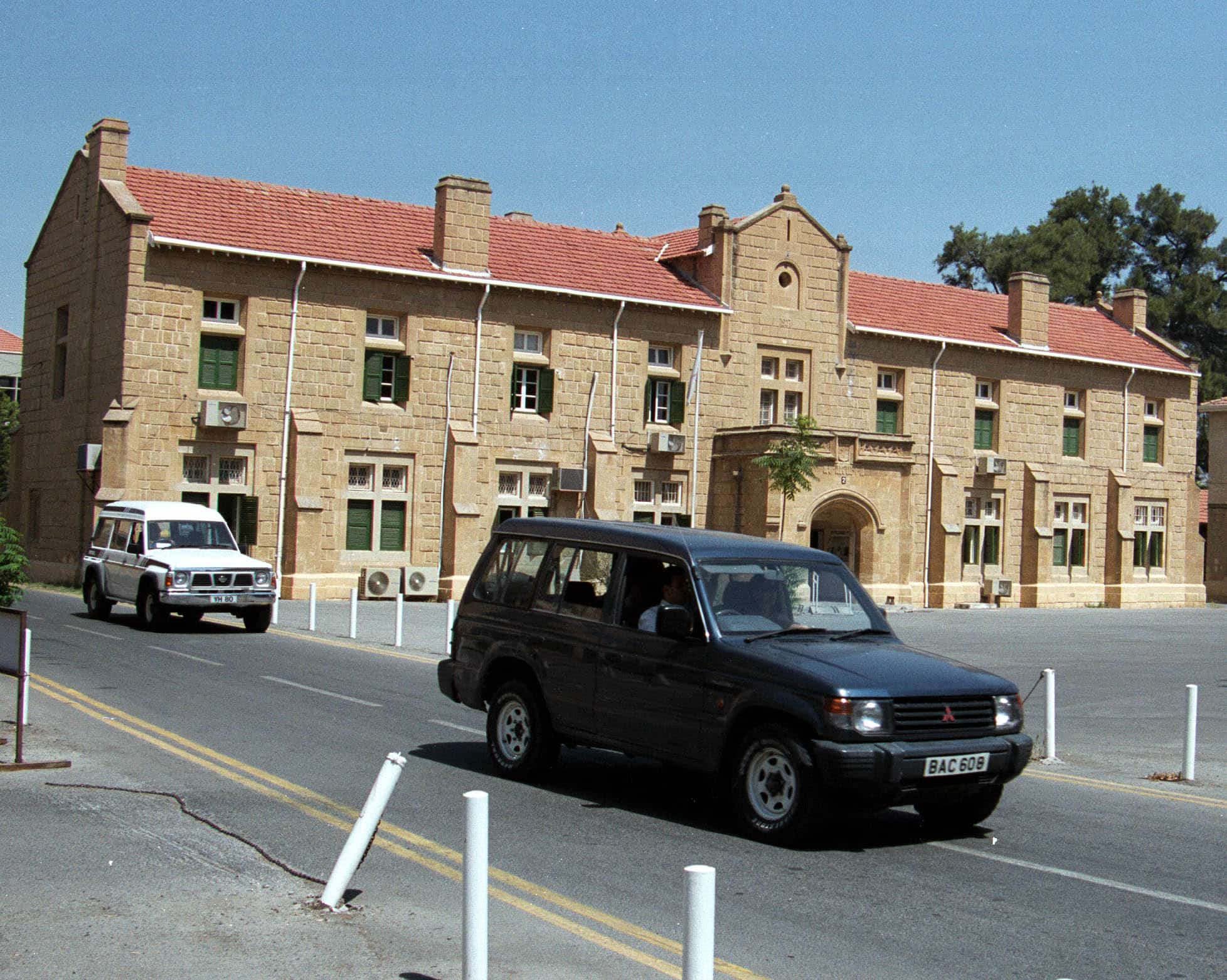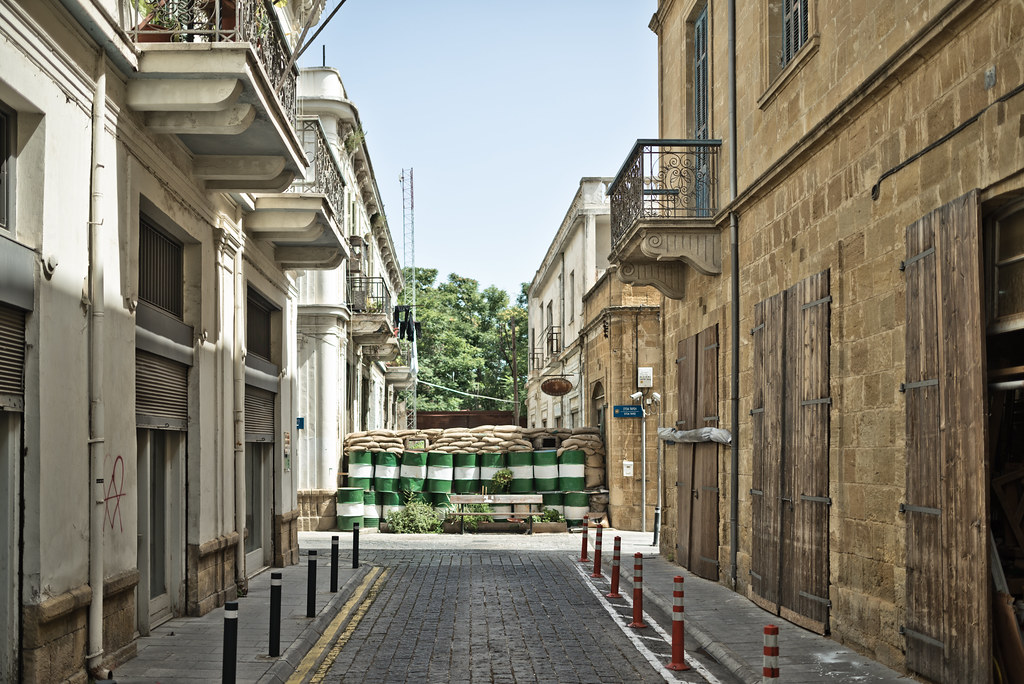A defence attorney in the ongoing ‘golden passports’ trial sought on Thursday to demonstrate that the naturalisation of a Russian national, despite certain irregularities in the procedure, cannot be attributed to malfeasance on the part of one of the two defendants.
The Russian national in question, who obtained a Cypriot passport under the now-defunct citizenship-by-investment programme, is Nikolay Gornovskiy – former chief of Russian multinational energy corporation Gazprom.
As previously established in court, Gornovskiy had informed the Cypriot service providers handling his citizenship application that for medical reasons he was unable to come to the island to provide his biometric data – a requirement of the naturalisation scheme.
This information was passed on to authorities.
Doctors’ letters were earlier presented in court affirming that the Russian businessman was advised not to travel overseas for a period of 12 months.
As it turned out, the requirement to physically come to Cyprus and provide the biometric data was waived; and Gornovskiy got the Cypriot passport after making an investment in real estate here.
The two defendants in the trial are former House president Demetris Syllouris and ex-MP and businessman Christakis Giovani. They face charges of influence peddling and conspiracy to defraud, relating to the naturalisation of foreign investors.
In court on Thursday, attorney Giorgos Papaioannou – representing defendant Giovani – cross-examined a police officer who was part of the criminal investigating team.
Presenting a series of correspondence and documents, admitted as evidence, Papaioannou argued that the citizenship-by-investment scheme was generally “lax” and that this went straight to the top – the cabinet which ultimately green-lit naturalisation applications.
The lawyer pointed out how the programme had granted citizenship to “high-risk” Politically Exposed Persons as well as to wanted criminals. By contrast, he said, Gornovskiy had no criminal record.
The police officer – a witness for the prosecution – said they had instructions to track irregular practices in the naturalisation programme in connection with Andreas Pittadjis, an attorney who had served as Giovanni’s legal counsel.
Pittadjis himself had initially been a defendant in the same case, but was later cleared of all charges.
Pursuing the same line of questioning, attorney Papaioannou read out a statement provided to police investigators by former interior minister Constantinos Petrides (May 2017 to December 2019).
In his statement, Petrides was stating under which conditions he was able to use his discretion to allow derogations from the rules of the naturalisation programme.
Petrides had stated that the scheme was “based on the discretion of the cabinet. Decisions by the cabinet relating to the programme’s criteria were essentially guidelines for the cabinet to exercise its discretion.
“As far as I recall, derogations had been granted either for large-scale investments, for which the public interest outweighed other considerations, or in other cases there were minor relaxations to the rules, so as to facilitate [foreign] investors, either on humanitarian grounds or for age-related issues.”
In Gornovskiy’s case, the ex-minister recalled, “it was deemed a humanitarian reason that he [Gornovskiy] could not provide his biometric data, and that is why I granted an exemption”.
Elsewhere during Thursday’s proceedings, and responding to the public prosecutor, Papaioannou said he did not plan on summoning the Russian businessman as a witness.
The trial continues on Friday.
In October 2020 the Al Jazeera news network had broadcast an almost hour-long expose of the affair, prompting Syllouris and Giovani to both resign.
In the documentary, undercover reporters posed as proxies for a fictitious Chinese businessman with a criminal record, aiming to secure him Cypriot citizenship.
Syllouris, Giovani and others were shown offering to help the man in his quest for citizenship despite his (supposed) criminal record.






Click here to change your cookie preferences